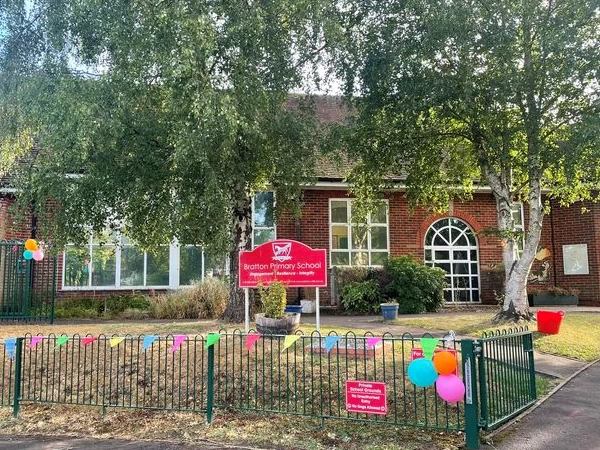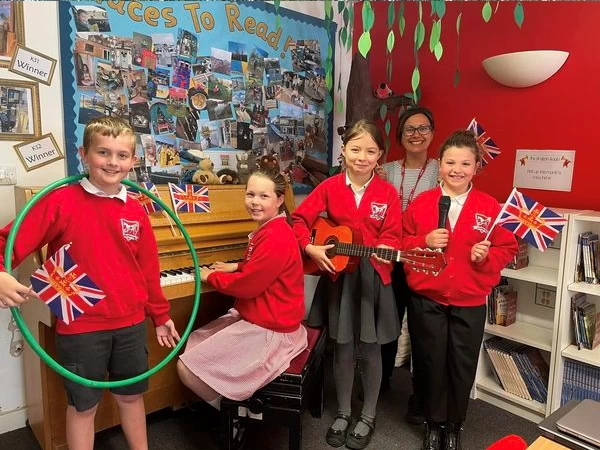


MFL French
What does MFL look like at Bratton Primary School?
We teach French as our Modern Foreign Language across KS2, building on the exploration of people and languages in KS1.This is to ensure that pupils have a solid foundation in the subject before moving into the secondary phase. Pupils are taught vocabulary (starting as words then building to phrases and sentences). Topics are chose that are relevant to pupils lives, allowing them to engage in language learning, that is of interest and pertinent to them.
Why is MFL important?
Learning a foreign language is a liberation from insularity and provides an opening to other cultures. Some pupils in our community have not had the chance to meet people of a variety of cultures and have not been abroad. Through studying MFL pupils will develop an understanding of some different cultures. By studying MFL pupils will develop the resilience and skills to communicate with others from diverse back grounds. Future careers our children may aspire to: Language specialist (MI5), diplomat, interpreter, international aid/development worker, journalist, marketing executive, translator and immigration- the possibilities are endless!
How is our MFL curriculum enriched at Bratton Primary School?
In addition to a wide range of practical lessons we take every opportunity to develop links with outside agencies such as specialist practitioners from the secondary stage. Our Bratton values are interwoven throughout our study, as all are needed to become an excellent communication skills. They are then able to contrast and compare such events to their own experiences within modern day society. Through MFL pupils have the opportunity to develop our core Bratton values by working independently and as a team to build resilience and self-belief. Bratton Primary School promotes the exploration of other languages and cultures, whilst maintaining tolerance and respect for the views and beliefs of others.
Ultimately our MFL curriculum is designed to:
Raise our aspiration through gaining an appreciation of other countries where the language the pupils are studying is spoken. This ensures they remain open to the world around them and have a better grasp of the links and connections between countries and societies. Celebrate diversity through learning about different languages and cultures. Gaining an understanding of how we are all different but can live harmoniously together. Improve our vocabulary through understanding that learning a foreign language is learning the art of communicating. Promote our health and well-being through working collaboratively and co-operatively to develop our communication skills allowing each member of the school community to have the opportunity to listen and to speak with confidence.
